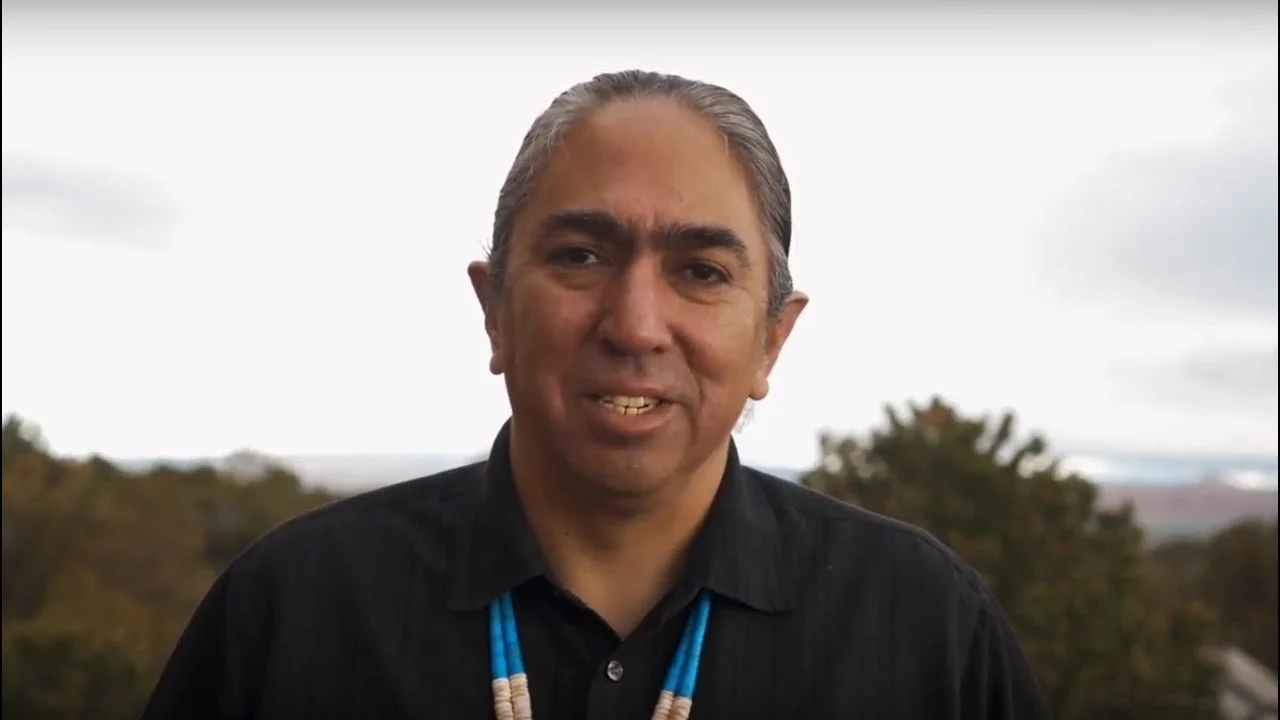Grandma’s House
A couple weeks ago I had the privilege of grabbing coffee with Mark Charles while he was passing through Phoenix on his way to a conference in Tucson.
Mark lives on a Navajo Reservation in northern Arizona, and is doing some wonderful work related to reconciliation, development, and contextualized worship. Among his many undertakings, he serves on the CCDA Board of Directors, the Christian Reformed Church Board of Trustees, and is a resource development strategist for indigenous worship with Calvin College’s Institute of Christian Worship.
Here’s part of his presentation at that conference in Tucson, addressed to James Anaya, the UN’s Special Rapporteur on the Rights of Indigenous Peoples:
Being Native American and living in the United States feels like our indigenous peoples are an old grandmother who lives in a very large house. It is a beautiful house with plenty of rooms and comfortable furniture. But, years ago, some people came into our house and locked us upstairs in the bedroom. Today our house is full of people. They are sitting on our furniture. They are eating our food. They are having a party in our house. They have since unlocked the door to our bedroom but now it is much later and we are tired, old, weak and sick; so we can’t or don’t come out. But the part that is the most hurtful and that causes us the most pain, is that virtually no one from this party ever comes upstairs to find us in the bedroom, sits down next to us on the bed, looks us in the eye, and simply says, “Thank you. Thank you for letting us be in your house.”
I encourage you to read the full text of the presentation.
If you’re interested in learning more about the “conversation for reconciliation” Mark mentions later in the presentation, the best way to do so is to like the Facebook page he created for the reading of the government’s apology in Washington, DC on December 19.
I’m grateful for thoughtful, articulate Native leaders like Mark. We non-Natives have much to learn from our hosts, if only we’ll listen.
